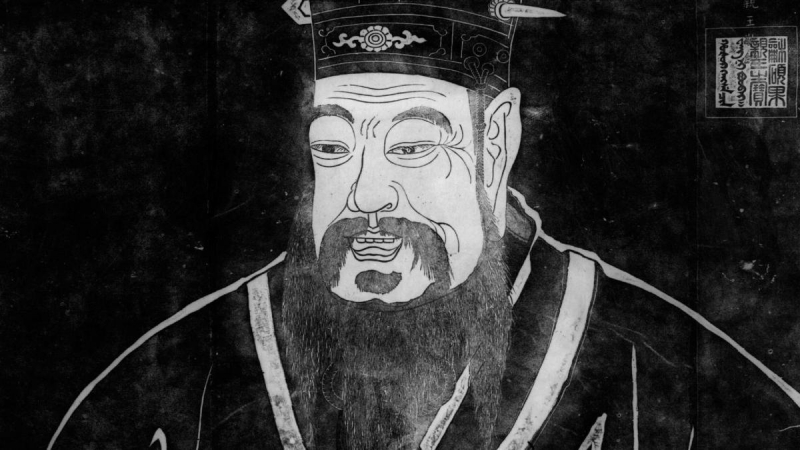There Are Two Outstanding Characteristics That Are Usually Associated With Confucius
Two notable traits frequently connected to Confucius are "humaneness" and "moderation." Confucius considered humaneness to be the one universal virtue that every person should possess. Honesty, decency, compassion, and other virtues are included. The degree to which a man embraces this virtue determines how far he progresses in life.
Confucius thought that being too sincere or polite would make one a laughingstock. These two traits, however, are not exclusive of one another and are frequently combined. For instance, it is advisable to be more courteous than honest if you are being lied to since you risk offending the liar. Being so courteous is not required if you are honest, unless you choose to.
Moderation is Confucius' second virtue. A fundamental aspect of his philosophy is moderation in everything. It implies that doing anything should be just right, not too much or too little. This virtue also entails controlling one's emotions and refraining from doing anything in excess. So, one should coexist with "Li." Li denotes moderation, harmony, and a feeling of balance in all aspects of life. Balance between competing values and exercising self-control were the sources of moderation. Confucius' renowned adage, "Do unto others as you would have them do unto you," serves as an example of this.












